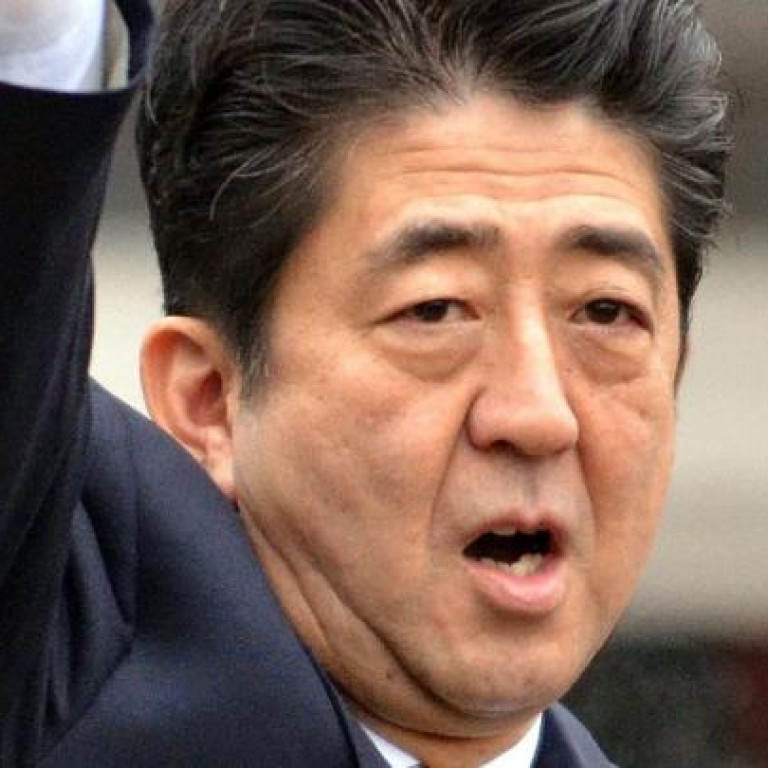
Five years on, Shinzo Abe prepares for second chance in Japan
In the dying days of his first spell as prime minister of Japan, Shinzo Abe was clearly in a lot of discomfort. Officially, a chronic stomach ailment was cited as the main reason for his resignation on September 12, 2007, but Abe's grimaces could just as easily have been attributed to external afflictions.
In the dying days of his first spell as prime minister of Japan, Shinzo Abe was clearly in a lot of discomfort.
Officially, a chronic stomach ailment was cited as the main reason for his resignation on September 12, 2007, but Abe's grimaces could just as easily have been attributed to external afflictions. There was his party's poor performance in the recent general election, the suicide of a cabinet colleague over a financial scandal and the resignation of his replacement after just one week.
No wonder that many offered "nervous breakdown" as an alternative diagnosis.
Five years later, Abe's smile is back. There is a spring in his step and he has announced himself a changed man who deserves another chance.
If the opinion polls are correct and the Liberal Democratic Party's return as the largest party after Sunday's general election, 58-year-old Abe will have that opportunity.
Abe is so confident of the outcome that he has dismissed the suggestion that he form a "grand coalition" with the ruling Democratic Party of Japan in order to get the country back on its feet.
He has even announced that he plans to travel to Washington in January for meetings with US President Barack Obama, with the issue of China's rising influence top of the agenda.
Some might see such pronouncements as evidence of overconfidence, others as simple pragmatism in the face of a foregone conclusion.
Either way, it remains to be seen whether Abe has learned much from his first stint in charge of Japan.
"The actions he took in 2006 and 2007 were different to his own political convictions and he was forced at that time to be pragmatic in his dealings with China because relations with Beijing were in a poor state," said Jun Okumura, an analyst with the Eurasia Group.
Abe - a natural foreign policy hawk - was effectively left to smooth feathers that had been ruffled by his popular predecessor, Junichiro Koizumi.
"This time around, I think that Mr Abe will be more able to implement his own political beliefs -- and that means he will be showing a more nationalistic side," said Okumura.
That is unlikely to go as far as announcing development of the disputed Diaoyu/Senkaku islands, however, as the LDP is in coalition with the New Komeito Party, which is fiercely opposed to Japan developing its military forces or capabilities.
Many candidates are underlining their commitment to protecting Japan's territorial integrity. They may not be citing the disputed islands by name, but that is what they are referring to - because that is "an easy issue with which to win support from the voters", said Go Ito, a professor of politics at Tokyo's Meiji University.
He believes the likely return to power of Abe is as much a sign of disappointment in the current regime as a vote of confidence in a man whose performance was less than stellar the last time.
"People feel that the LDP may not be the only option for their vote, but they're probably the most reliable of the parties that are on offer," he said.

